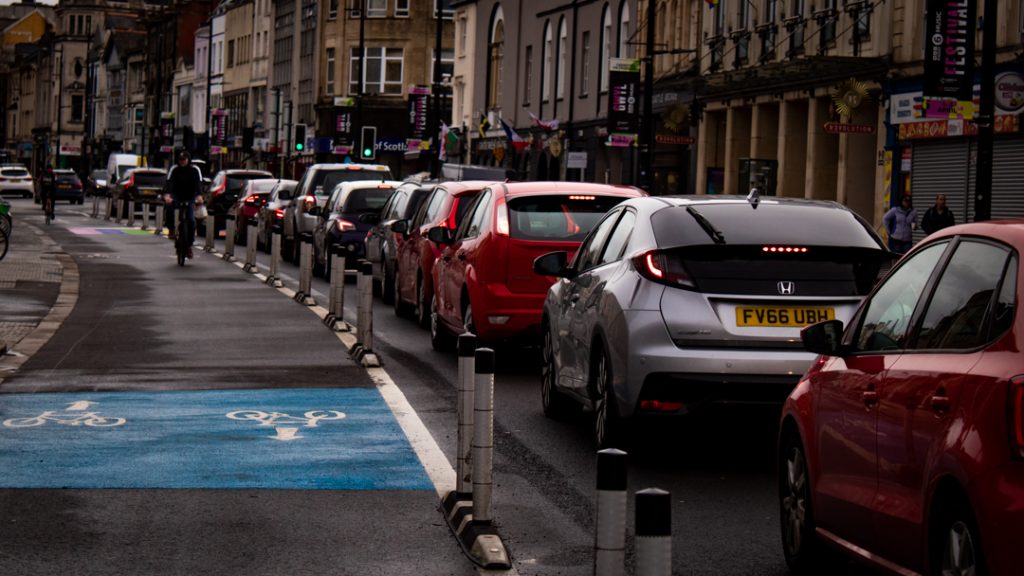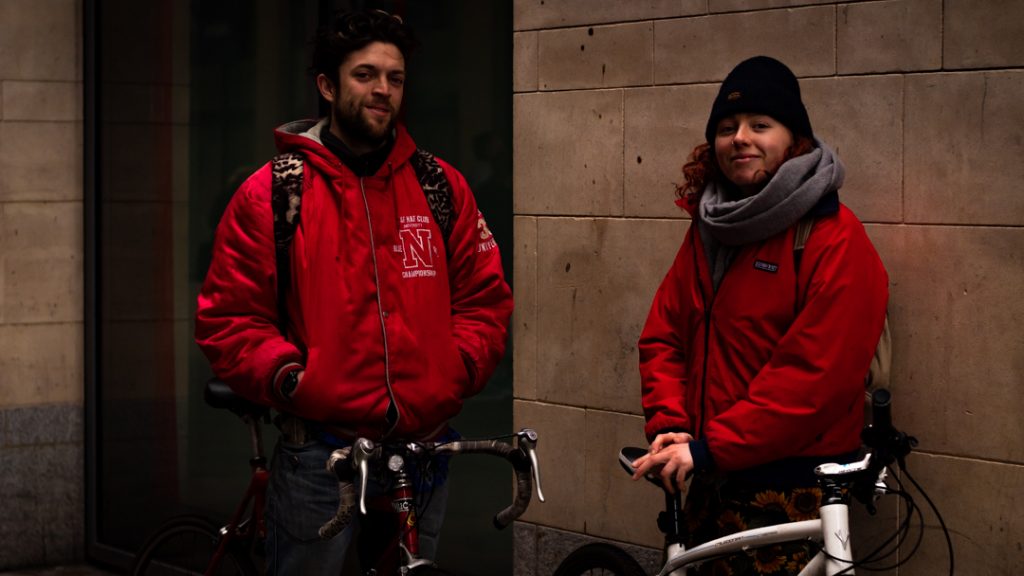Council’s plan to charge drivers entering the city will increase congestion and impact poor households the most, latest study finds.

Charging car drivers coming to Cardiff could hurt regular commuters while not improving traffic congestion within the city, according to a latest study.
The study from Cardiff University found that levying a £2 charge on outsiders entering the city using a car could see a minor initial decrease in traffic, but it could push more people to start driving within the city.
Dr Georgina Santos, an economist specialising in transport and co-author of the study, said, “Traffic congestion would initially be reduced, but it could eventually increase if Cardiff residents decided to drive to make the best of lower congestion and higher speeds. The result could be higher congestion and higher air pollution.”
Cardiff Council had planned to charge non-resident drivers in 2020, but it hasn’t been implemented yet. However, with the cabinet proposing a new transport project, it is once again exploring congestion charging with public consultants.
But experts and opposition councillors believe that more can be done for reducing traffic congestion, lowering carbon emissions and improving pedestrian safety.
Lib Dem Councillor Emma Sandrey, speaking to WalesOnline last year, said, “How is this supposed to tackle short car journeys which are more easily able to be replaced by cycling, walking and public transport?”
The new study also found that families with low income could be impacted the most due to this new policy. Charging £2 for entering Cardiff would disproportionately affect regular commuters who come to Cardiff for work, amounting to an average annual cost of £522 per household.
Dr Santos said, “The charge would fall on those who commute to work, and come from outside Cardiff. Most of the traffic is caused by trips that start and finish in Cardiff. In addition, many people travelling from outside Cardiff are on lower incomes compared to those living in Cardiff, and so the congestion charge would be regressive.”
There are fears this could also see taxi drivers having to pay a surcharge for their trips. Murli, a taxi driver said, “It makes the council look good and gives an eco-friendly image of the city, but it also makes drivers like us have to pay more.”
However, Dr Santos proposes London as an example, where taxi drivers are exempt from the congestion charge. “There are different plans in different cities. London exempts taxis, so I don’t see why there can’t be a scope of doing it here,” she said.

The study although claims that the scheme could have positive effects if there were fast, reliable and affordable public transport alternatives from neighbouring towns and cities into Cardiff.
Megan, a Cardiff resident said, “Usually if I’m going to Newport or Bristol, I’d take my van. But last weekend, I went to Bristol and I took a train. So if buses and trains improve, I’d probably stop driving.”
However, she disagreed that fewer cars coming from outside Cardiff would propel her to drive. “It’s not going to affect my driving behaviour inside the city, as here I just use my bike. But if there are fewer cars on the road because of this charge, I’d like it as that makes cycling for me and a lot of other people easier,” she said.
